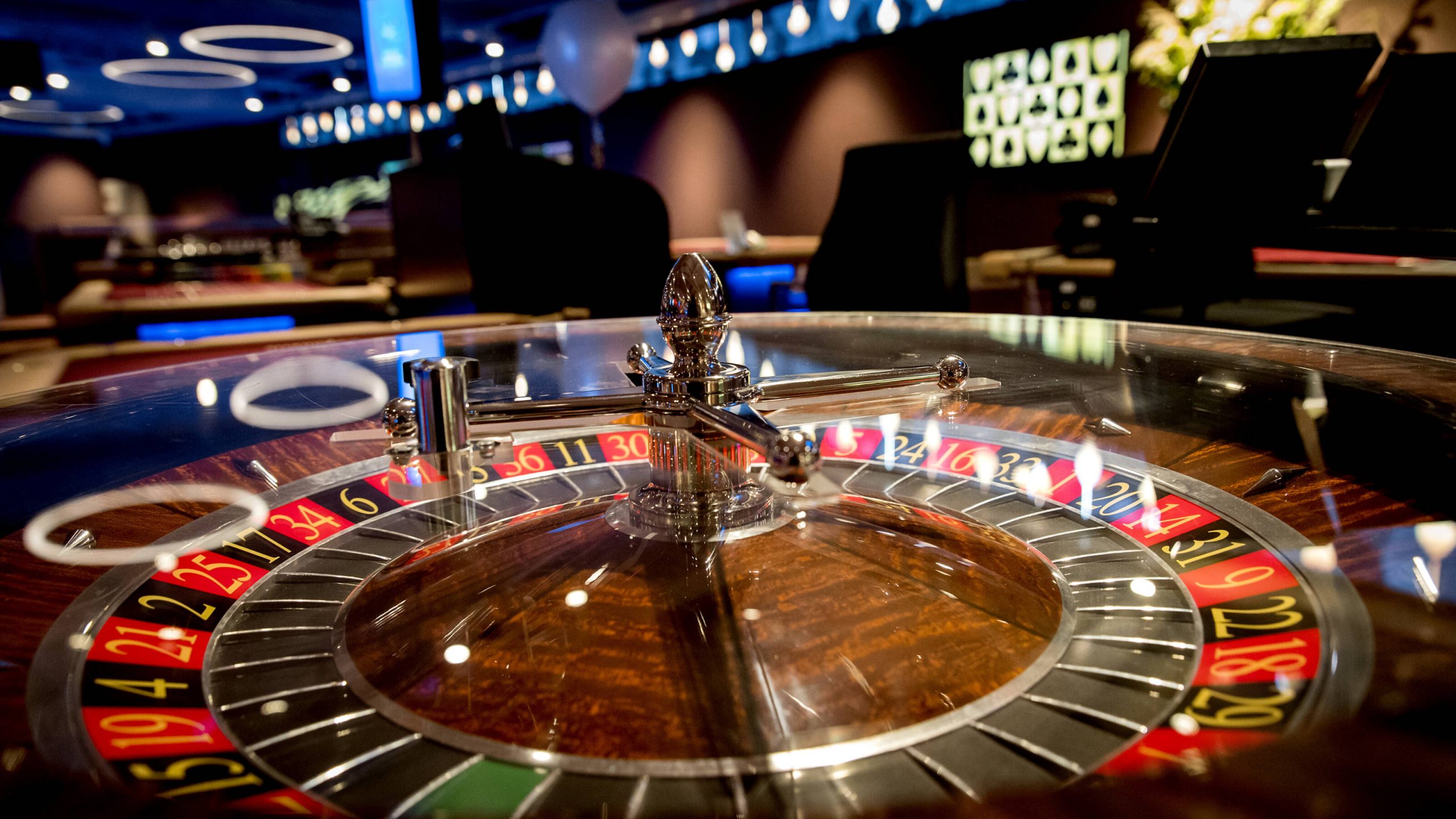
Gambling games have enthralled gamblers for centuries, luring them into a realm of excitement, chance, and prosperity. From the blinking lights of slot machines to the intense nature of poker tables, these activities offer a distinct combination of amusement and hazard. However, underneath the surface of this sparkle and glamour lies a intricate interplay of math that determines every conclusion and decision made within the gaming hall.
Grasping this relationship between gaming activities and mathematics merely enhances the playing experience but may also help gamblers make wise choices. Whether you are a occasional punter or a avid follower, recognizing the math concepts at play can give valuable knowledge into chances, probabilities, and strategies, eventually influencing how one approaches these games of luck.
Arithmetic Likelihood in Betting
In the world of casino activities, mathematical likelihood plays a vital role in assessing results and informing gambler choices. Each activity has a unique set of regulations and a particular likelihood model that influences its dynamics. For example, in activities like roulette, players must understand the probabilities of landing a specific digit or shade. The probability of specific occurrences occurring can be calculated, and this understanding can significantly affect wagering tactics.
Gambers also need to be cognizant of the house edge, which is the mathematical advantage that gambling establishments hold over players in the long run. This edge varies across various games. In 21, skilled players can use tactics to minimize the house edge to as little as one percent, while in activities like slots, the casino advantage can be much higher. Comprehending the casino advantage allows gamblers to make informed choices about which games to play and the amount to wager.
Furthermore, probability is essential in the concept of danger versus reward in gambling. Every bet carries a particular danger factor, and gamblers must assess the possible payout against that danger. Activities like the poker game require players to not only calculate the chances of their own hand winning but also to evaluate the probabilities of their rivals’ hands. By utilizing statistical concepts to their strategy, gamblers can enhance their chances of winning and participate more strategically in the thrilling world of casino activities.
Anticipated Value in Gambling Games
When discussing gambling activities, one of the basic concepts rooted in math is the expected worth. This numerical measure helps players grasp the potential results of their wagers over time. In simple terms, anticipated worth (EV) determines the average amount a gambler can anticipate to win or lose per wager if they were to play the game many times. Each game has its unique EV, influenced by the odds and the house edge, which indicates the benefit that the gambling establishment holds.
For instance, consider a activity like roulette. The expected value can be calculated based on the particular bet made. If a gambler bets on a single number, the return is 35 to 1, but the actual chances of success that wager are 1 in 37 (in European roulette). This leads in a detrimental anticipated worth, indicating that, on the whole, players will lose money over time when playing this type of bet. Understanding this idea allows players to make better informed decisions about which activities and bets may be more favorable.
Moreover, the investigation of anticipated value can lead to improved money management. Players who comprehend the math behind their games are often able to set realistic expectations. J88 By acknowledging their potential deficits and gains, they can adjust their playing strategies appropriately, which may improve their overall gaming experience overall. As a result, expected worth serves as a critical resource for both beginner and experienced gamblers to navigate the often volatile character of gambling games.
Approaches and Chances: The Mathematics Behind Success
In gaming establishments, grasping the odds is vital for gamblers seeking to maximize their chances of winning. Each game has its own unique set of chances that dictate winning outcomes, and these statistics are often located in the gaming regulations or reward charts. For example, in games like blackjack, gamblers can boost their chances through methods such as counting cards, which is based on mathematical principles to gain an upper hand over the establishment. By familiarizing themselves with the probabilities, participants can make more educated determinations on when to place bets and when to quit.
Moreover, the principle of expected value holds a significant role in gambling strategies. Average outcome calculates the mean outcome of a bet over a period, allowing players to assess whether a specific stake is valuable taking. For instance, slot machines have a specific payout percentage, which can indicate the expected payout a player can expect on their wagers. By selecting activities with better average outcomes, players can reduce the house advantage, maximizing their potential returns in the over time.
Lastly, successful gamblers often adopt a combination of chance and calculative tactics to improve their gaming experience. While luck is unpredictable, managing a betting strategy based on calculative ideas can lead to more advantageous situations. By utilizing techniques such as budgeting and choosing games, players can apply math to navigate the unpredictable nature of gambling activities, making the most of their efforts and resources at the tables.
